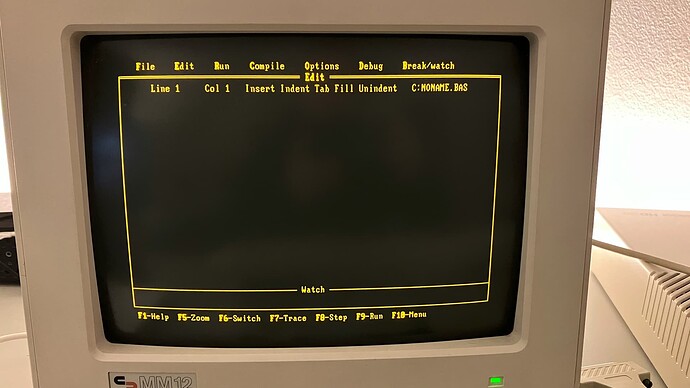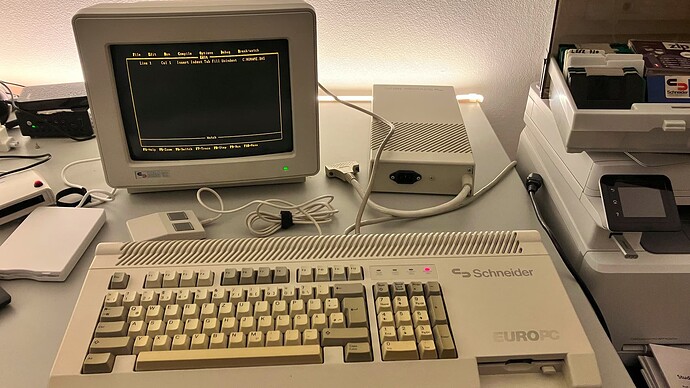All of this languages will go this way. Nobody wants to use it in industrial environments and nobody wants to hang on old days technologies. That’s the point. Also Xojo has the risk of going down under. As it is not one of the top level languages it is dangerous while it can always be at its end.
When this will happen people will not have any chance for working with it further for longer times. And all people know exactly that. With languages like C# or C++ this problem will not be possible. Also with Java not. This is one of the reasons why this languages are so often in use. The other is the needed ecosystem. Yes, MBS has builded up a wide range of tools. But it is not like in other languages like C# or Java.
So there is a good chance for all this people using languages like Xojo that it will become dark one day. Xojo is a one man show. Said this we can look on it: it is the product of Geoff Perlman, nothing else.
People told me within years how good Xojo is and how wonderful. But sad to say: it is not and it was not. In old Apple times it was interesting. But not interesting enough for Apple by self to use it. Java was more interesting even for Apple.
You may concern that it is an industrial level language but it is definitely not. Not it’s quality management, not it’s support, not its functionality.
As result I could also say: this old concepts are looking from time to time nice but they are not in use. Languages which are as a niche product in use should be used by all parts of the niche. But looking on this I can say: no, not at all. Only a few enthusiasts are using it.
So PowerBasic is a good example for that what follows. As Languages like GO, Python, Flutter/Dart, C#, Java are providing functionality and ecosystem around what they do I don’t believe that Xojo has a real chance to become one of the top 50 languages in the market. And it is not. Even R, a statistic language, is much more in use.
Speaking about the users I had to read about so many things which are better to do with Xojo I could by self not say exactly that. Looking on native: running native programs the native languages are interesting. And quite fast to learn. Looking on X-Platform I can say Xojo is not really. It is multi platform but not Cross Platform. As there are many differences between the platforms it is not possible to run the same program on Desktop, Web and mobile. So if I have to write one Android, one IOS, one Web and one Desktop-Application it is not that far away to use different native languages for this for mobile (Swift, Kotlin/Java) and for Desktop (Swift, C++ for Linux and Windows).
I don’t get the need for the product while there is no win/win situation at all. Asking most people I found nobody with his application on all platforms. The other way around. Most applications are written for Windows or MacOS. A few are written for Windows and MacOS and a very few are written for Linux. And yes, there is no reason to do it different if the application is an internal app. But is there outside a big amount of successful commercial applications? I can’t see this at all.
The sad part is: it will catch all of this languages. Even Xojo. There will come the day Xojo is dark. And that is a normal process. At the end we have to say: it is already in the middle of this process. They could rescue it over the last decade. But the success times are gone.

